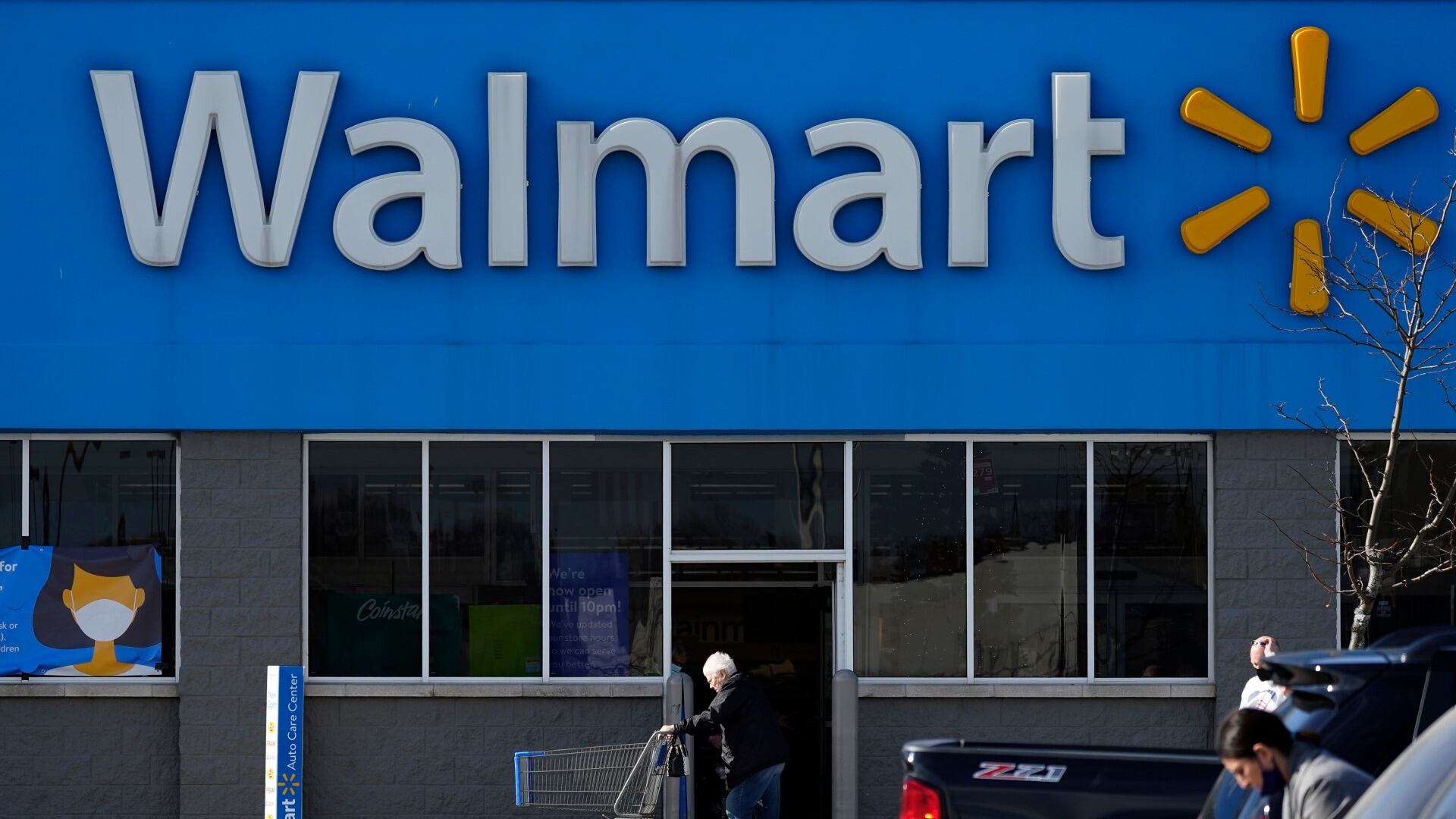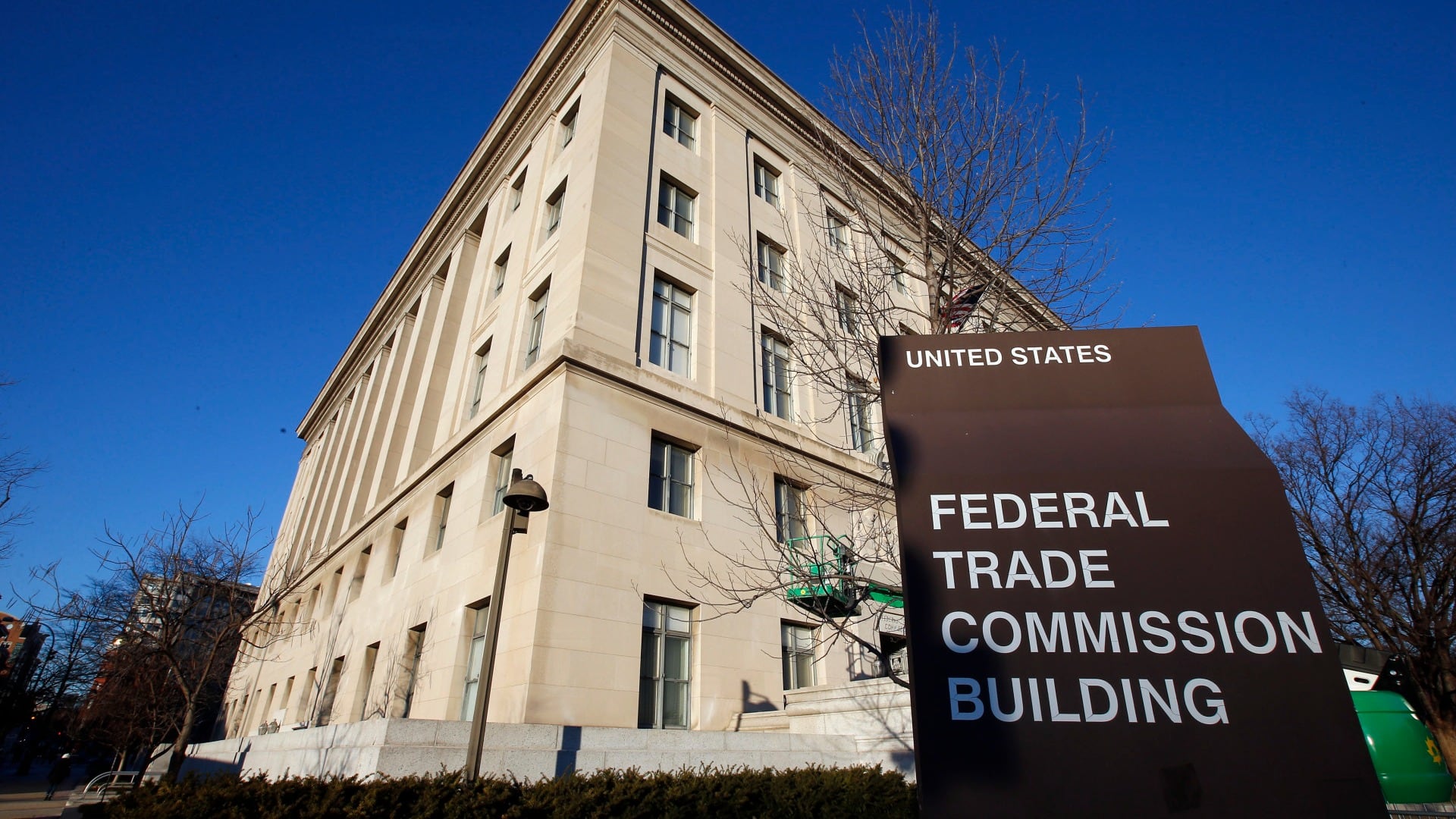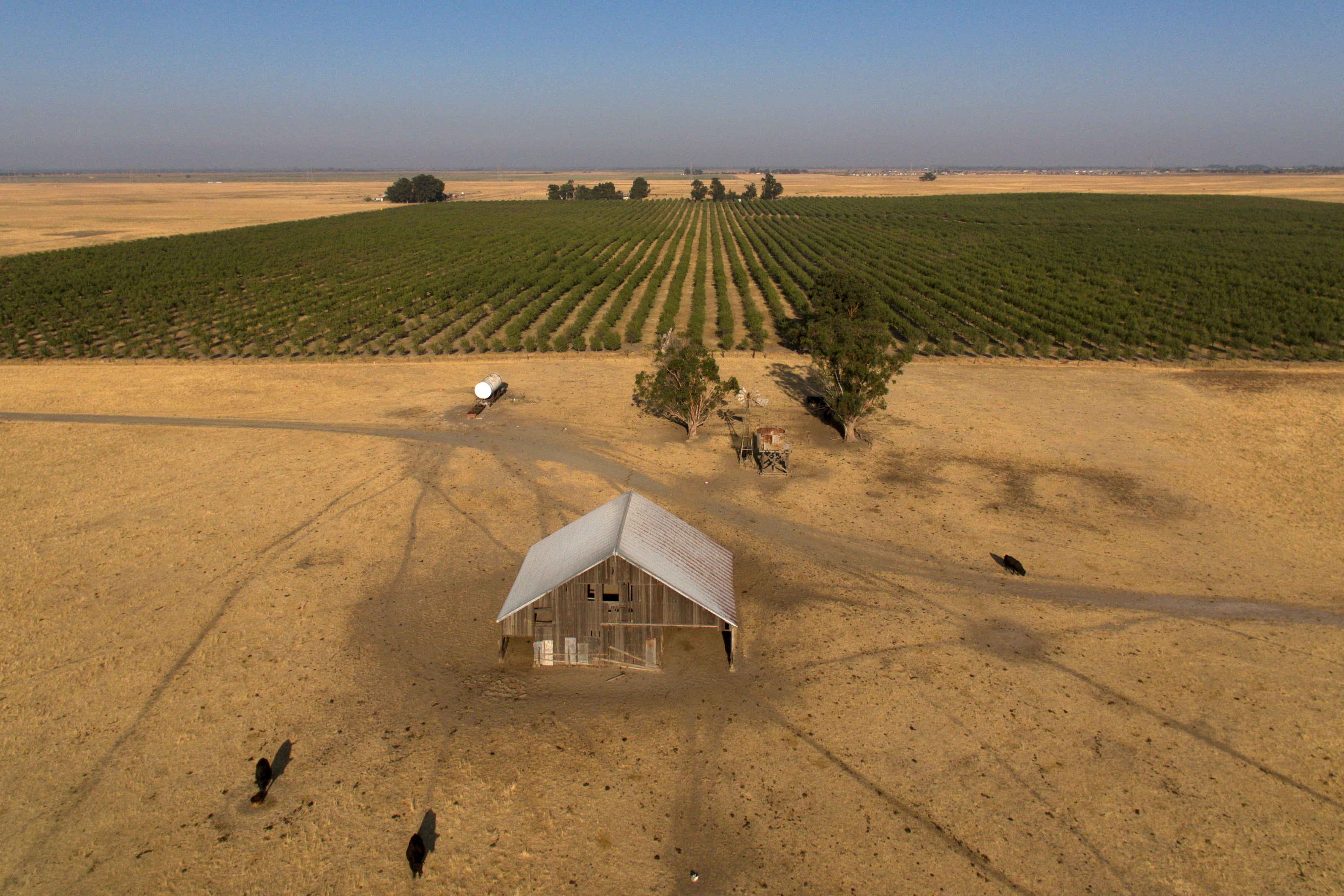*By Tracey Cheek* Slowing economic growth may spell disaster for some businesses, but travel booking site Kayak tends to see more business when times are tough. "When we enter a recession, prices come down and so, as a result, services like Kayak get used more frequently as consumers try to find those deals," Kayak CEO Steve Hafner told Cheddar Tuesday. The International Monetary Fund on Monday downgraded its forecast for global economic growth, sparking fears of a global slowdown. Hafner said signs of a slowdown are beginning to materialize in the travel industry. "The airlines who have reported, Delta and American, have already said that corporate travel is down, and that's usually the first indicator of a slowdown, is when businesses who have highly discretionary travel spend or high ticket spend pull back, that's usually a leading indicator," he said. A lower discretionary income may ignite fears that consumers will travel less frequently. Hafner says that's not the case for Kayak. "At Kayak what we see is when we're heading into recessions people search more not less because they're looking for a deal," Hafner said. Hafner said Kayak weathered the 2008 recession without difficulty and he expects the same to be true in the event of another downturn. "It was a bad one, but we grew right through it and I suspect this would be no different than that," he said. "The reality is consumers want to travel," he said. "Hotels rooms and airplanes are fixed assets. So when we enter a recession, prices come down, so as a result services like Kayak get used more frequently as consumers try to find those good deals, and travel ultimately does happen." Hafner said the greater challenge for Kayak is changing consumer habits to urge more people to book reservations online. That challenge has prompted Kayak to partner with OpenTable, which is also owned by parent company Booking Holdings ($BKNG), to add more value to OpenTable's rewards program. Users who book restaurant reservations on OpenTable can now redeem those points for hotel discounts. Previously, they could only be used at OpenTable restaurants or put toward an Amazon ($AMZN) gift card. Hafner said both Kayak and OpenTable share the same user base, technology challenges, and growth goals, so "it made a lot of sense to put the two assets together." Meanwhile, Tuesday marks day 32 of the government shutdown and reports over the holiday weekend revealed that 10 percent of TSA agents called in sick as more workers struggled with the absence of a paycheck. Hafner said the shutdown has not significantly affected bookings, besides the direct impact on government travel. "Government workers obviously travel, and if you're not getting paid you're highly unlikely to be traveling," said. He said airport wait times have also not suffered as much as some feared. "Until now we haven't seen a big impact there because the TSA agents are, to their credit, remarkably committed about showing up at the airports even though they're not getting paid because they value the service they're providing to the public." But while the shutdown hasn't yet impacted Kayak's business, Hafner said he's still anxious to see it come to an end. "I, like many other business leaders, just want the government to get back to work on behalf of the people." For full interview [click here](https://cheddar.com/videos/kayak-ceo-says-consumers-use-kayak-more-during-tough-economic-times).












